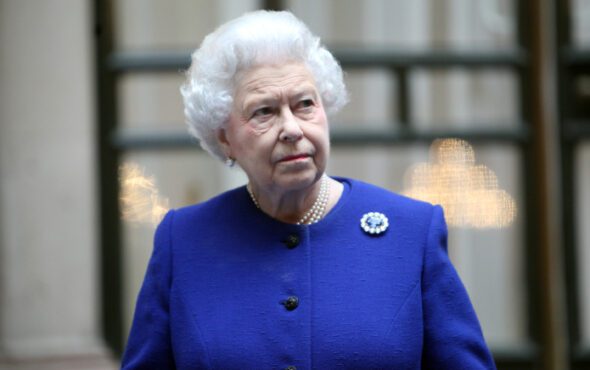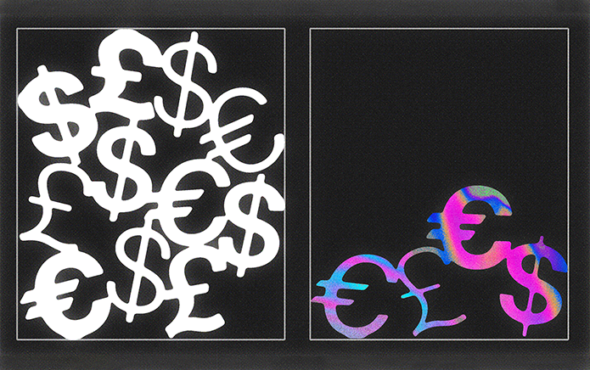
Queen Elizabeth’s 70-year reign saw a wave Commonwealth countries remove laws criminalising gay sex, most of which were introduced when they were part of the British Empire.
More than a dozen Commonwealth nations – a club of mainly former colonies – have decriminalised consensual gay sex since Britain relaxed its own laws in 1967.
But bans on same-sex relations remain in many Commonwealth countries, which Queen Elizabeth headed in a ceremonial role.
Here is a timeline of major events to weaken or remove bans on gay sex in Britain and its former colonies during Queen Elizabeth’s rule from 1952 to 2022:
1957 – The Wolfenden Report recommends that “homosexual behaviour between consenting adults in private should no longer be a criminal offence” in the United Kingdom.
1967 – Gay sex is partially decriminalised in England and Wales, for consenting men aged 21 and over in private. For heterosexual couples, the age of consent is 16.
1969 – Canada partially decriminalises gay sex, for adults aged over 21.
1973 – Malta repeals its British colonial-era ban on gay sex.
1980 – Gay sex is partially decriminalised in Scotland.
1981 – Vanuatu legalises consensual same-sex relations for adults.
1982 – Gay sex decriminalised for over-21s in Northern Ireland, after a 1981 European Court of Human Rights ruling.
1986 – New Zealand decriminalises gay sex.
1991 – The Bahamas partially decriminalises gay and lesbian sex for over-18s.
1997 – Tasmania is the last state in Australia to make gay sex legal.
1998 – South Africa declares the criminalisation of gay sex unconstitutional.
2001 – The gay male age of consent across Britain is reduced to 16, making it equal to the heterosexual age of consent and fully decriminalising consensual gay sex.
2002 – Cyprus makes the age of consent 17 for everyone, having initially legalised gay sex for those aged 18 and over in 1998.
2010 – Fiji lifts its colonial-era ban on gay sex.
2012 – Lesotho repeals its 1939 sodomy ban.
2014 – Uganda’s constitutional court nullifies a law that would have strengthened an existing British-era ban and imposed punishments of up to life in jail for gay sex.
2015 – Two articles in Mozambique’s Portuguese colonial-era penal code criminalising “vices against nature” are repealed.
2016 – Belize’s Supreme Court rules its gay sex ban is unconstitutional. Seychelles also repeals its prohibition.
2018 – India’s colonial ban on gay sex is ruled unconstitutional by the Supreme Court, decriminalising same-sex relations in the country of 1.3 billion people.
2018 – Trinidad and Tobago’s high court overturns its law against “buggery”.
2019 – Brunei introduces the death penalty for gay sex, but later says it will not implement it after a global backlash.
2019 – Botswana High Court rules that laws criminalising same-sex relations are unconstitutional.
2022- High Courts in both Antigua and Barbuda and its neighbouring island state St Kitts and Nevis declare that laws criminalising LGBTQ+ people are unconstitutional.
2022 – Singapore announces it will repeal a law that bans gay sex.
Reporting by Rachel Savage and Lucy Middleton.
GAY TIMES and Openly/Thomson Reuters Foundation are working together to deliver leading LGBTQ+ news to a global audience.



